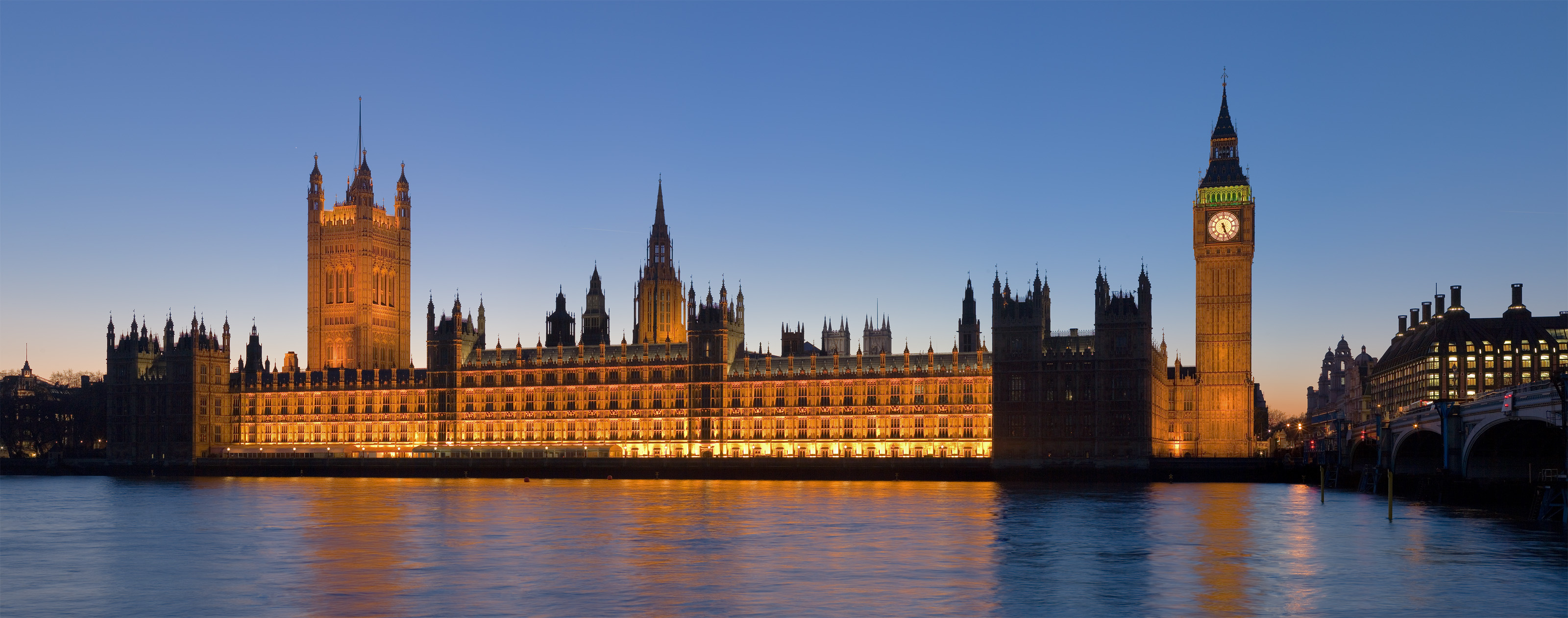
By Matt Evans, EST Ambassador to Great Britain. Matt is a History and Politics student at the University of East Anglia (UEA) in Norwich, UK.

It is approaching six years since the expenses scandal broke and shook British politics. Instigated by the theft of a computer disk containing details of MPs’ expenses, the newspaper The Daily Telegraph subsequently published daily instalments of MPs’ expenses claims, a story that dominated the British media for weeks. This article looks back to the expenses scandal, its aftermath, and whether its impact has changed British politics.
For those unfamiliar with the British expenses system, prior to the scandal breaking, members of the House of Commons and House of Lords were allowed to claim “expenses” or “allowances” funded by the British taxpayer. The logical idea being that if an MP or Peer’s parliamentary work substantially affected their routine or life, they would be able to claim funds to reimburse themselves. For instance, if an MP’s constituency was situated in say, northern Scotland, and they had to work late, then he or she would be able to claim expenses to pay for accommodation for the night. This expense was previously unknown to the taxpayer.
Thus, when The Daily Telegraph received the leaked information and started to publish it, the extent of some of the claims unsurprisingly caused public outcry. It had finally been revealed that large numbers of MPs were not just claiming for essentials but in fact a whole range of things, at a huge cost to the taxpayer. Perhaps most commonly, MPs exploited loop holes in the system to help pay for a “second home” in London, despite spending the majority of their time there. For example, married former Shadow Chancellor Ed Balls and Home Secretary Yvette Cooper were criticised for claiming £44,000 to help with mortgage repayments on what was alleged to be their “second home” in London, despite their children going to school there. Likewise, Conservative MP Eric Pickles claimed for a second home in London, despite his constituency being situated in a part of Essex where many residents commute daily to London. The revelations also revealed some rather bizarre, non-essential claims, such as horse manure, toilets seats, and an ice cube tray.
At the height of the scandal, it proved devastating to Westminster and the establishment. This was to the extent that conspiracy theorists abound argued that the politicians exaggerated the dangers of Swine flu, in order to change the dominant agenda in the media. Journalist Iain Martin writes that the British public had already become disillusioned with the Establishment, following the recent bank bailouts, and that the scandal had only gone on to worsen the voters’ perception of Westminster. He summarises by stating that the scandal “had not only exposed fraud in the more extreme cases, but a lid had been lifted on the strange world of Westminster.” However, while hundreds were judged to have wrongfully claimed expenses, only six MPs and Peers were jailed, all for fraud. After all, the vast majority of MPs implicated in the scandal committed nothing against the law, and were instead exploiting the various loopholes and lax regulation of the system. Undoubtedly, this contributed to an increase in the public’s detachment and scepticism of politics.
So what changed following the scandal? Shortly after, a new independent body called IPSA (Independent Parliamentary Standards Authority) was introduced in order to police MPs’ expenses, and increase the transparency of the system. Moreover, from 2010, MPs were limited to claim a maximum of £1,450 a month to rent – not buy – a second home, compared to the previous amount of £24,000 a year. Similarly, all MPs whose constituencies are situated within 60 minutes of central London are banned from receiving rent subsidies.
While this undoubtedly represents progress in the matter, many have been critical of the reforms, most commonly arguing that they have not gone far enough to bridge the gap between politicians and the electorate. For instance, MPs such as Douglas Carswell and Zac Goldsmith have campaigned (to this day unsuccessfully) for the ability for the voters to remove an MP from the ballot list between elections.
Whether the expenses scandal has altered the public’s perception of politicians has resulted in a mixed response. Many prominent journalists such as Owen Jones and Rowena Davis have argued scandals such as this one have proved detrimental to voter turnout, especially amongst younger members of the electorate. This can be backed up by research carried out by the British Election Study (BES) in 2010, where 90% of those surveyed stated that the scandal made them either “angry” or “very angry” with 80% believing that the MPs implicated should resign. Conversely, contemporary research by the likes of Fox concluded that in fact the expenses scandal has had little effect on people’s perception of politics, especially the young who were already adjudged to have been “turned off” by politics. Therefore, we can conclude that it remains unclear to what extent, if any, expenses has in fact altered people’s perception of politics, however it has certainly not improved it.
To sum up, the expenses scandal instigated by reports in The Daily Telegraph was responsible for damaging an already fragile public perception of British politics and the Establishment. Perhaps most worrying, it revealed the extent of a system which legally permitted MPs and Peers to claim large amounts of money, to no knowledge or account of the taxpaying public. While substantial reforms have been made, the fact that abuse of the system have continued, as evident with Maria Miller in 2014, it is correct to assert that more reform needs to be done. This has been responsible for even worsening the public’s opinion of Westminster, despite having little to no effect on voting patterns.

 The ’Ndrangheta’s Infiltration and Threat to European Institutions
The ’Ndrangheta’s Infiltration and Threat to European Institutions  From Paper to Practice: How Grassroots Norms Undermine Gender Rights in Pakistan
From Paper to Practice: How Grassroots Norms Undermine Gender Rights in Pakistan  Exploited Childhoods: The Role of Global Corporations in Perpetuating and Mitigating Child Labour
Exploited Childhoods: The Role of Global Corporations in Perpetuating and Mitigating Child Labour  Human Rights Challenges in Addressing SLAPPs in Media, NGOs and Journalism in the EU
Human Rights Challenges in Addressing SLAPPs in Media, NGOs and Journalism in the EU 


